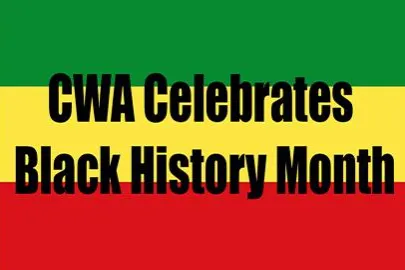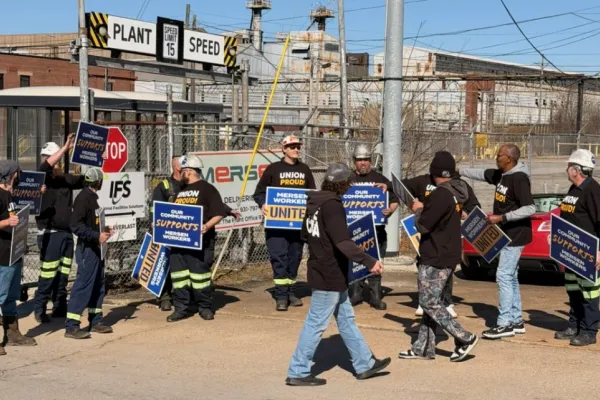Nov 1
In the nation’s first general strike for a 10-hour day, 300 armed Irish longshoremen marched through the streets of Philadelphia calling on other workers to join them. Some 20,000 did, from clerks to bricklayers to city employees and other occupations. The city announced a 10-hour workday within the week; private employers followed suit three weeks later – 1835
(The Lexicon of Labor: Perhaps you’re not quite sure what a “general strike” is. Here, you’ll find readable, informative descriptions of more than 500 key terms, places, people and events in American labor history, from explaining who the Wobblies and Knights of Labor were to reporting on the 1997 Teamster strike at UPS. It includes dozens of new terms and developments and introduces a new generation to the labor lexicon.)
Thirty-seven black striking Louisiana sugar workers are murdered when Louisiana militia, aided by bands of "prominent citizens," shoot unarmed workers trying to get a dollar-per-day wage. Two strike leaders are lynched - 1887 Malbone tunnel disaster in New York City; inexperienced scab motorman crashes five-car train during strike, 97 killed, 255 injured - 1918
Malbone tunnel disaster in New York City; inexperienced scab motorman crashes five-car train during strike, 97 killed, 255 injured - 1918
Some 400,000 soft coal miners strike for higher wages and shorter hours - 1919
United Stone & Allied Products Workers of America merge with United Steelworkers of America - 1972
The UAW begins what was to become a successful 172-day strike against International Harvester. The union turned back company demands for weakened work rules, mandatory overtime - 1979
Honda assembles the first-ever Japanese car manufactured in a U.S. plant, in Marysville, Ohio - 1982
🚨🟠📢 CWA / AT&T 2026 “Orange” Mobility Contract Bargaining Report #11 📢🟠🚨
Get Involved: CWA Black History Month Town Hall

